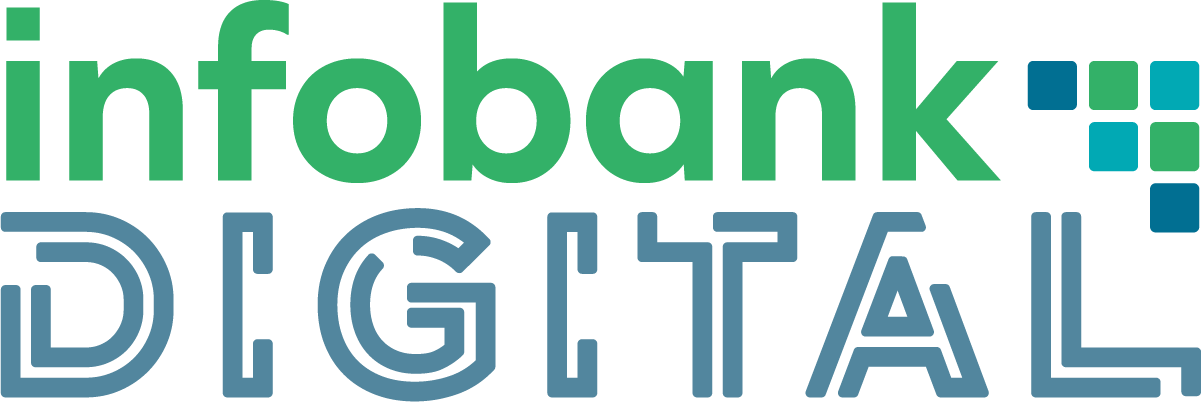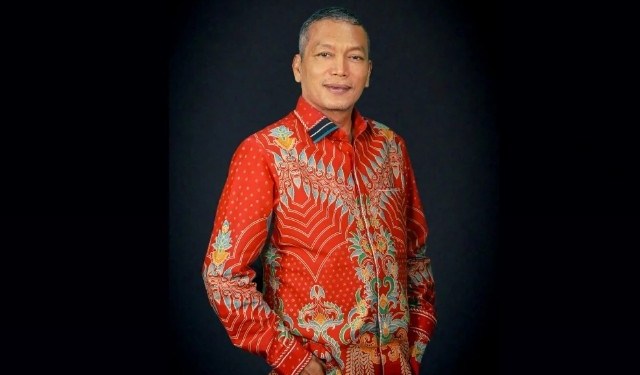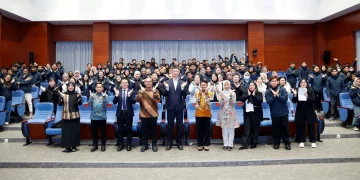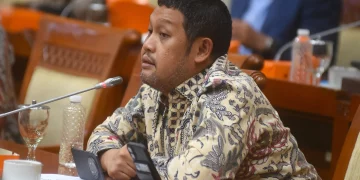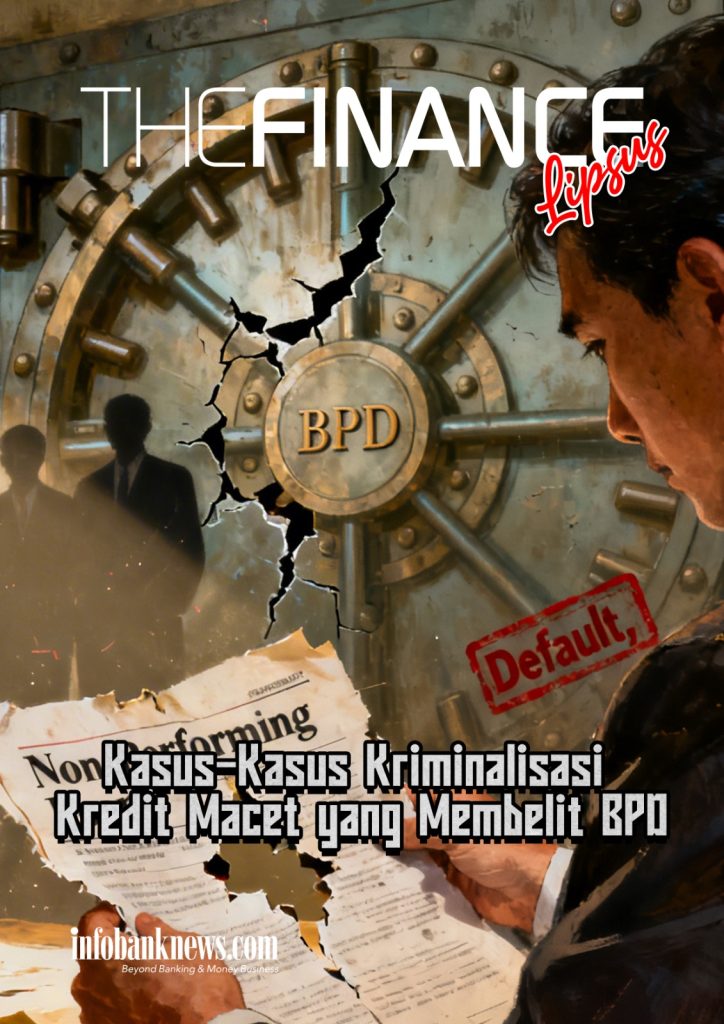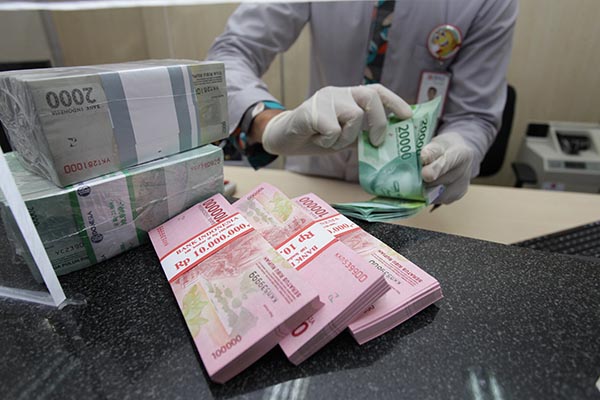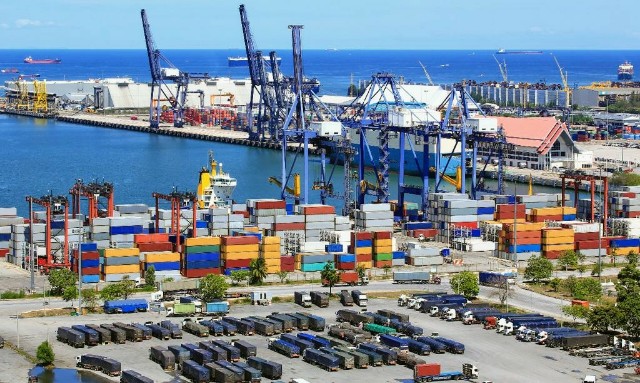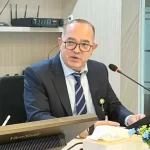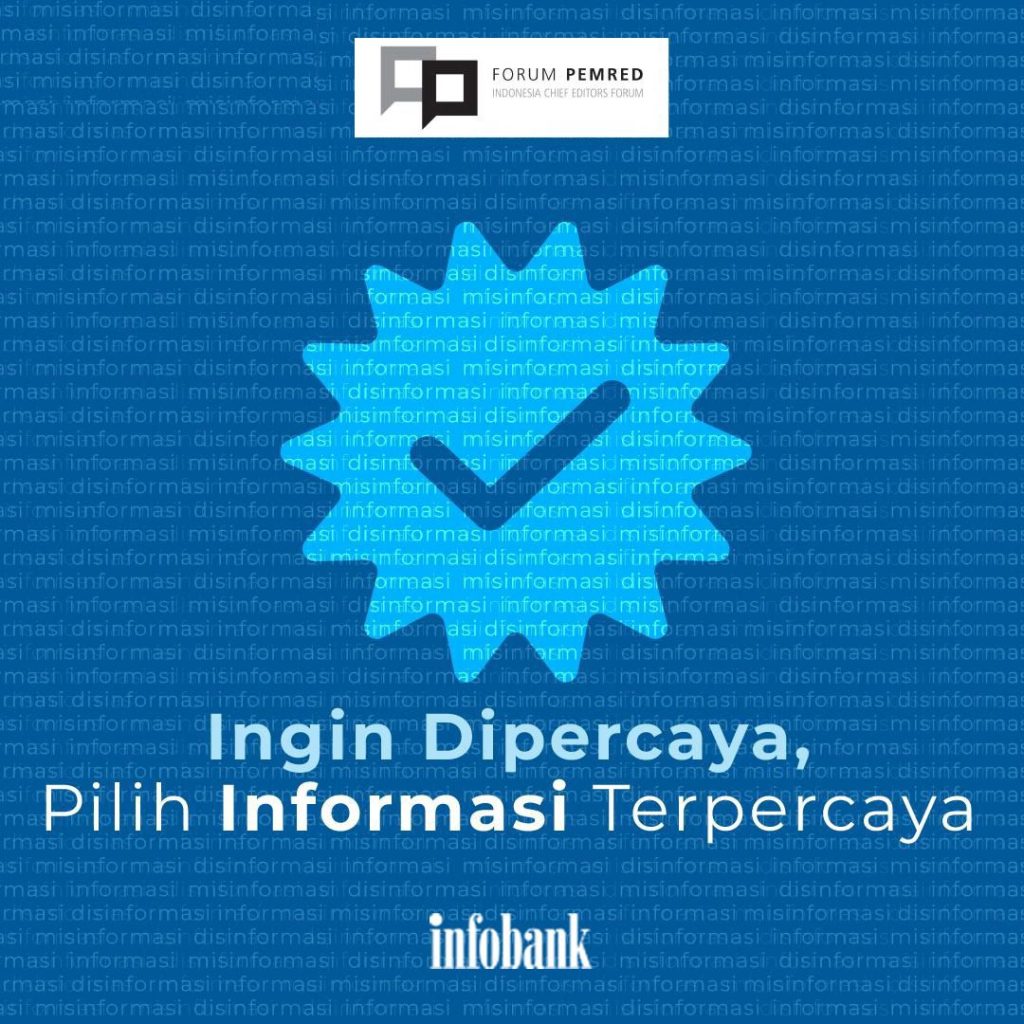By Eko B. Supriyanto, Editor-in-Chief of Infobank
Jakarta – Account buying and selling is like buying and selling liquor at traditional herbal medicine kiosks. It seems free and real, albeit secretly. It could be that buying and selling accounts has entered the emergency of digital crime. There are sellers, and there are buyers. And, this massive buying and selling of accounts is troubling the public because it is used for financial crimes, even terrorism.
Sources of financial crime have increased in various sectors, including payment systems. This is due to many factors. One, the soaring volume of e-commerce and online payments. In line with that, fraud has also increased. Two, there is a lot of unemployment, poverty, and financial desperation amidst a culture of consumerism.
Three, during COVID-19 many fictitious companies are offering online. Four, the development of payment systems through shadow banking, e-wallets, and digital payments. Five, the rise of social engineering, caused by the increasing adoption of social media and the increasing number of people working from home (during COVID-19).
For the case in Indonesia, there are three things that make this financial crime more massive. Many Indonesians still lack financial literacy, plus digital literacy and cyber crime and cyber fraud literacy. All three influence each other, so financial crime thrives with low law enforcement.
There is a wide gap between financial inclusion and financial literacy. The rampant buying and selling of accounts could be due to a lack of understanding. Moreover, it was revealed by one of the directors of a major bank that the accounts used almost entirely belonged to small people who were financially illiterate. Some have been tricked into handing over their accounts in exchange for nothing. Not a few were tricked under the pretext of social assistance. Without realizing it, accounts are used easily by these digital “snatchers”. The victims whose bank data is secretly taken are poor people.
Some people may not realize that engaging in such transactions is illegal and can adversely affect themselves and others. As for who often sells bank accounts, this can vary. There are individuals who deliberately steal other people’s personal data and then sell it. There are also cases where people have dormant or unused bank accounts and sell them to others for financial gain.
These days, Facebook, Instagram and WhatsApp are fertile ground for scammers. Apart from using these platforms, digital crimes involving these accounts utilize transfer channels and of course, now many use BI-Fast and online banks.
This inevitably means that Bank Indonesia (BI), which is the largest transfer center in Indonesia, should at least take part in the program to eradicate digital crimes and account buying and selling. In short, BI must help combat account buying and selling by working with the Financial Services Authority (OJK) and many law enforcement agencies.
Currently, in maintaining the integrity of the financial system, OJK has ordered banks to block a number of accounts used in illegal activities, fraudulent transfers under the pretense of buying and selling goods, including online gambling. It refers to Article 36A paragraph (1), letter c, number 33; in Article 14 and Article 52, paragraph (4), letter c, number 42; in Article 15 of Law Number 4 of 2023 on Financial Sector Development and Strengthening (P2SK Law).
In other countries, such as China, Hong Kong and Singapore, cooperation between financial authorities and law enforcement authorities is key. So, learning from that, the regulation to uphold the integrity of the financial sector carried out by OJK is a good supervisory step.
However, it needs collaboration with law enforcement, the Ministry of Communication and Information Technology, including BI, which has a BI-Fast “transfer silk line”. For example, BI has a kind of system, where users can easily, just click, “report fraud or theft”. This menu is already owned by TikTok and can automatically trace the sellers.
Honestly, upholding the integrity of the financial sector should not only be delegated to OJK, but it is the responsibility of all of us. The state must often be present in the midst of people who are illiterate in financial literacy, digital literacy, and cyber crime and cyber fraud literacy. So far, banks, especially big banks, have been struggling to deal with fake accounts.
The buying and selling of accounts is real, but why is the state only busy taking care of politics, while the people are more engrossed in talking about heaven and hell. On the other hand, financial blindness is pushing people further into the dark alley of structural poverty.
The state must not be absent in this account buying emergency. Stop!

